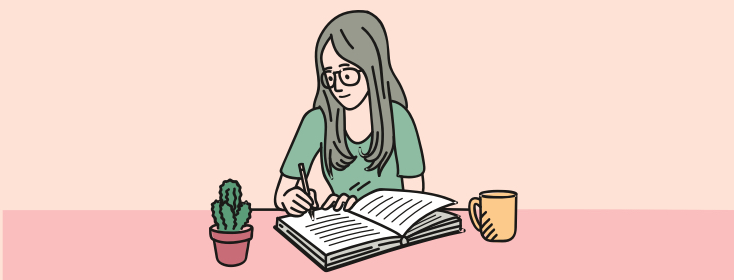What if FODMAPs Doesn't Help?
The low FODMAPs diet developed by Monash University in Australia has come to be known as THE diet for IBS.
No doubt it has helped countless people get their IBS under control and understand their trigger foods. But what happens when you have tried it, but it doesn’t help at all. What other options or choices do you have to find out what your triggers are and get your IBS under control?
Here are a few steps that I use with my clients to help them, when FODMAPs just isn’t working:
1. Diet Diary
I cannot stress enough the importance of a diet diary. I will normally have my clients use one from the beginning, even with FODMAPs. There are some great apps out there that can help you to recognize patterns between your symptoms and what you are eating. As well as other factors like stress, how much you have slept, supplements and medications and exercise. All these factors have an impact on how our digestive systems work. A diet diary can help you to work out what foods that might be FODMAP friendly are causing issues, especially as you can react to some foods up to 72 hours after eating them, making it difficult to make correlations.
2. Gluten and dairy
These two intolerances have become a bit cliché but so many of my clients feel so much better after cutting them out of their diets. FODMAPs is neither gluten nor dairy-free so this is another avenue to investigate.
3. Histamines
If the body isn’t processing histamines properly, then you can develop symptoms of IBS. Normally I also see clients that have skin conditions or allergies or other indications of histamine intolerance that may not have put the digestive symptoms down to this as well.
Your body naturally makes histamines and histamines are also found in foods. If your body accumulates too many histamines from all these sources, it will produce symptoms of some kind. So if you are someone that gets hayfever or itchy skin and also suffer from IBS, this could be something to look into.
4. Stress
For many people, stress is the major factor, not food. One day they may have been relaxed and happy and eaten a banana and everything is fine. The next day they eat a banana but its in the afternoon during a stressful day and they end up bloated or with diarrhea. Stress shuts down the digestive system as your body goes into fight or flight. Focusing on lowering stress levels through mindset, breathing exercises, habit changes, meditation, exercise etc. can all have a positive impact on your IBS without changing your diet.
What if even these options do not work?
There are a number of other diets and avenues that you can investigate if none of these four options works either. Seeing a health professional specializing in IBS with knowledge that extends beyond FODMAPs will be important.
So, don’t despair if FODMAPs hasn’t helped. There is always a way, just keep going and investigating and you will get there. Good luck!

Join the conversation